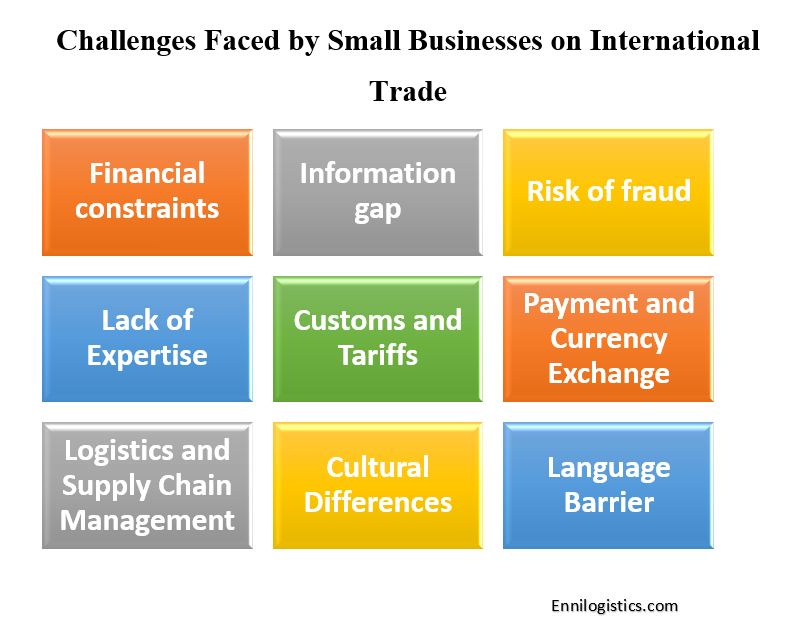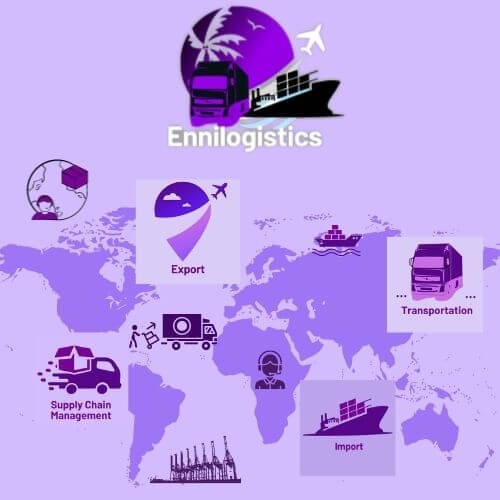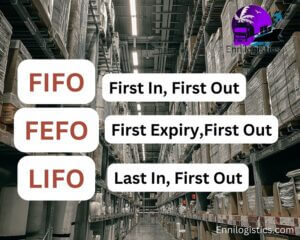International trade has become a crucial component of economic expansion for every nation in today’s globalized economy. International trade has opened up fresh possibilities for enterprises of all calibers by enabling them to explore novel markets, suppliers, and customers. Small enterprises face both possibilities and obstacles in international trade.
This article will explore how small businesses are affected by international trade and the obstacles they encounter. This discussion will encompass ways small businesses can harness the benefits of international trade and surmount hurdles encountered.
Impact
Small businesses are significantly impacted by international trade. Thanks to it, they can grow their clientele, cut expenses, and boost revenues. Small businesses may acquire new goods, services, and technology through international trade, which they can employ to enhance their operations.
Challenges Faced by Small Businesses
Small businesses encounter numerous obstacles regarding international trade. The following are notable challenges that frequently arise:

1. Financial constraints: International trading, nevertheless, may also present a number of difficulties for small enterprises. The shortage of resources is one of the main problems. The insufficiency of resources represents a significant problem. Small businesses may encounter a deficit of finances and expertise in the field, which impairs their capability to contend with more giant corporations in the global marketplaces.
2. Information gap: Another challenge is the lack of information. Small businesses often lack the information to identify new markets, suppliers, and customers. They also need to gain knowledge of the rules and regulations governing international trade, making it difficult to comply with the requirements.
3. Risk of fraud: Small businesses also face a significant risk of fraud and other forms of malpractice when trading internationally. This is because they often deal with unknown parties in unfamiliar territories, which increases their vulnerability to fraud.
4. Lack of Expertise: Small businesses frequently need more knowledge to understand international trade’s intricate rules and laws. They may find it challenging to meet the standards as a result, which could cost them money.
5. Customs and Tariffs: Customs and taxes are one of the biggest obstacles small businesses encounter when dealing globally. To make sure that their products comply with local laws and regulations, small firms must navigate complicated customs and tariff restrictions. Additionally, they must pay tariffs and other taxes, which can significantly increase the price of their products. By doing their homework and teaming up with logistics companies and customs brokers who are adept at handling customs and tariff rules, small enterprises can overcome this difficulty.
6. Payment and Currency Exchange: When trading internationally, small businesses also have to deal with the difficulties of payments and currency conversion. Small businesses must ensure that their payments arrive on time, are safe, and are made in their home currency. Small businesses can overcome this difficulty by collaborating with banks and payment processors with competence in international transactions and employing foreign exchange services.
7. Logistics and Supply Chain Management: The management of logistics and supply chains presents a formidable challenge for small business enterprises that engage in international trade. It is imperative for small businesses to guarantee the timely delivery and satisfactory condition of their commodities. It is dependent upon them to effectively oversee their supply chain so as to maintain adequate inventory levels and resource availability that can accommodate prevailing levels of demand. Small businesses may effectively address this challenge through collaboration with logistics providers and supply chain management companies possessing expertise in international trade.
8. Cultural Differences: When small enterprises trade internationally, cultural differences can be problematic. To ensure that their goods and services are appropriate and acceptable, small enterprises must comprehend the cultural norms and values of the nations they are conducting business with. By completing research and collaborating with regional companies and organizations which have practical experience managing cultural differences, small businesses can overcome this problem.
9. Language Barrier: Language limitations are a common problem for small enterprises trading internationally. Their ability to communicate with clients, vendors, and other stakeholders may need improvement as a result.
How Small Businesses Can Overcome These Challenges
The following tactics can help small businesses handle the difficulties of international trade:
- When small enterprises wish to conduct worldwide commerce, governments frequently provide assistance. From governmental organizations, small businesses can obtain funding, instruction, and guidance.
- Using E-commerce platforms can offer small businesses a viable avenue to access international markets and attract a broader range of customers. These online platforms have the potential to facilitate small business expansion by mitigating linguistic disparities and increasing their exposure to a diverse array of potential customers.
- Small enterprises can team up with established businesses that possess expertise in international trade. This could offer them access to fresh markets, vendors, and clients.
- Small businesses can undertake research in order to discover fresh markets, suppliers, and customers. They also have the option to utilize research as a means of comprehending the governing principles and guidelines concerning international trade.
- Small enterprises could possess the opportunity to establish connections and foster partnerships with their clientele, suppliers, as well as other individuals with vested interests. Building trust and credibility is crucial, especially in international trade, and this can be facilitated by the aforementioned tactic.
In conclusion, small businesses have the chance to grow their customer base, save expenses, and boost profitability through international trading. The protection of intellectual property, cultural differences, payment and currency conversion, customs and taxes, logistics, and supply chain management are just a few of the difficulties faced by small enterprises while doing business abroad. Small businesses can overcome these difficulties by conducting research, requesting government support, collaborating with other companies, fostering partnerships, and utilizing e-commerce platforms. Small businesses can benefit from global trade and expand into new markets by implementing these techniques.
You may like to Read more,
Entrepot Trading: Everything You need to Know
Procurement and E-Procurement: Everything you need to know
How to clear my Customs Detained shipment/package faster?
What is Third party Logistics(3PL)?:Everything you need to know










